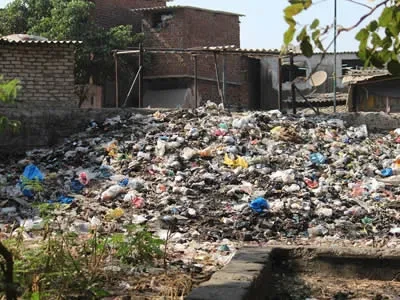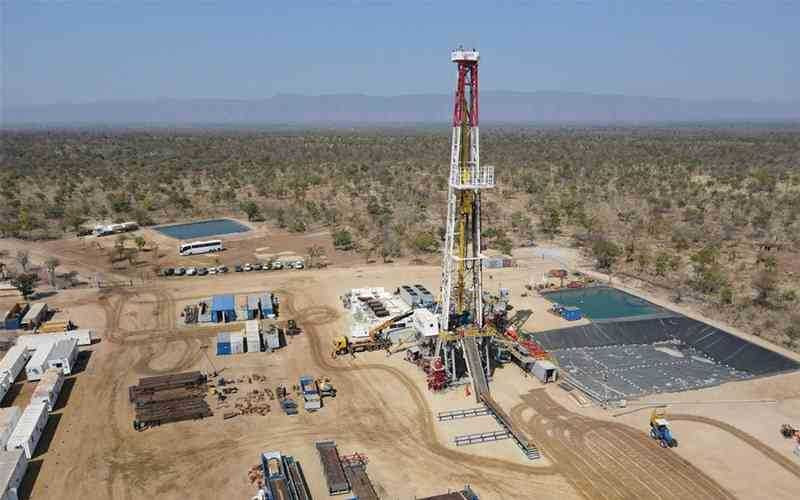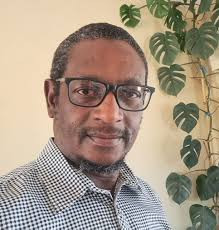
ZIMBABWE Environmental Law Association (Zela) executive director Mutuso Dhliwayo has called for stiffer penalties for environmental pollution offences.
Speaking last week during a lawyer’s training on climate justice, litigation, critical minerals and mechanisms for promoting transparency and accountability, Dhliwayo said: “Climate change poses an existential threat to humanity, and the negative consequences are borne disproportionately by those who only emit fewer greenhouse gases, but are already in disadvantageous situations due to gender, poverty and other factors. A safe climate is a vital element of the right to a healthy environment, and is essential to human life and well-being. ”
The training was facilitated by Zela and the Centre for Human Rights.
Assistant director of the Centre for Human Rights, Llody Kuvheya said unsustainable patterns of consumption and production were contributing to reduction in biodiversity, increased pollution and global warming.
“It is time for legal practitioners to advocate that the extraction of resources benefits the locals. Litigating against those corporations at the forefront of resource plunder at the expense of communities can be done; it is possible. We need to stop the plunder,” Kuvheya said.
Kuvheya said governments have an obligation to protect human rights for a safe, clean and healthy, sustainable environment, as well as safe and clean food, water, adequate sanitation, and non-toxic environments.
“If you are not fighting for the rights of ordinary people, you are not worth your salt as a lawyer,” he stressed, underscoring the importance of bringing to book the perpetrators of environmental injustice.
“When water and air pollution continue unabated, in some countries multinational corporations in the extractive industry destroy the environment with impunity, and environmental regulatory bodies fail to perform their duties effectively, then Article 24 of the African Charter will continue to be violated with detrimental climate change impacts,” he said.
- Little Mr & Miss Zimbabwe crowned
- ‘Nec wages hardly reach PDL’
- ‘Nec wages hardly reach PDL’
- Mnangagwa regime on UN radar over abuses
Keep Reading
A Zela official, Michelle Chitambo said several judicial and non-judicial mechanisms for holding corporations accountable have been developed in recent years.
“One key mechanism is climate change litigation, which has risen in prominence globally to achieve climate justice. The number of climate litigation cases in the world has more than doubled since 2015. The year 2019 was the second warmest year on record and signalled the end of the warmest decade ever recorded. In sub-Saharan Africa, droughts, cyclones and floods have destroyed livelihoods, killed people, and even displaced them. In all this, it is the vulnerable communities who bear the brunt of climate change as they do not have the requisite means to adapt and mitigate nature’s vagaries,” she said.











